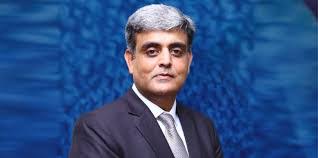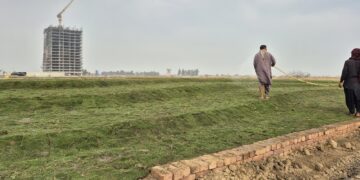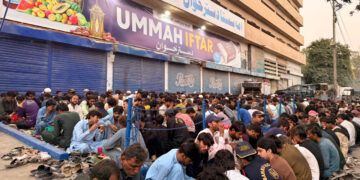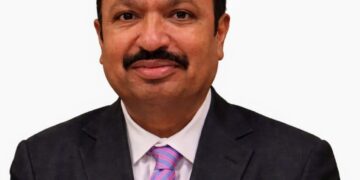Pope Francis, the spiritual leader of the global Catholic community, has passed away at the age of 88. The Vatican confirmed his death on Monday, revealing that he had been battling double pneumonia and had long suffered from health complications.
Born Jorge Mario Bergoglio on December 17, 1936, in Buenos Aires, Argentina, Pope Francis was the first Latin American, the first Jesuit, and the first non-European pope in over 1,200 years. He became the 266th pontiff of the Catholic Church following the resignation of Pope Benedict XVI on March 13, 2013.
Before embracing religious life, Pope Francis trained as a chemical technician. He joined the Society of Jesus in 1958 and was ordained a priest in 1969. His rise through the Church hierarchy saw him appointed as Archbishop of Buenos Aires in 1998 and elevated to Cardinal in 2001.
His papacy was marked by a strong commitment to humility, social justice, and transparency. He chose the name “Francis” to honor Saint Francis of Assisi, symbolizing a dedication to the poor and marginalized.
In his final days, Pope Francis’s respiratory condition worsened, and he was placed on a ventilator. Notably, a part of one of his lungs had been removed during his youth due to a previous bout of pneumonia, leaving him vulnerable to respiratory illnesses.
What Happens Next?
With the pope’s passing, the Vatican will convene a conclave where cardinals from across the globe will gather to elect his successor. Likely contenders include Cardinal Pietro Parolin (Italy), Cardinal Luis Antonio Tagle (Philippines), and Cardinal Matteo Zuppi (Italy).
A Global Loss
Pope Francis’s death marks the end of a transformative era for the Catholic Church. His leadership left a lasting impact not only on Christians but on the wider global community through his messages of compassion, reform, and inclusion.




















